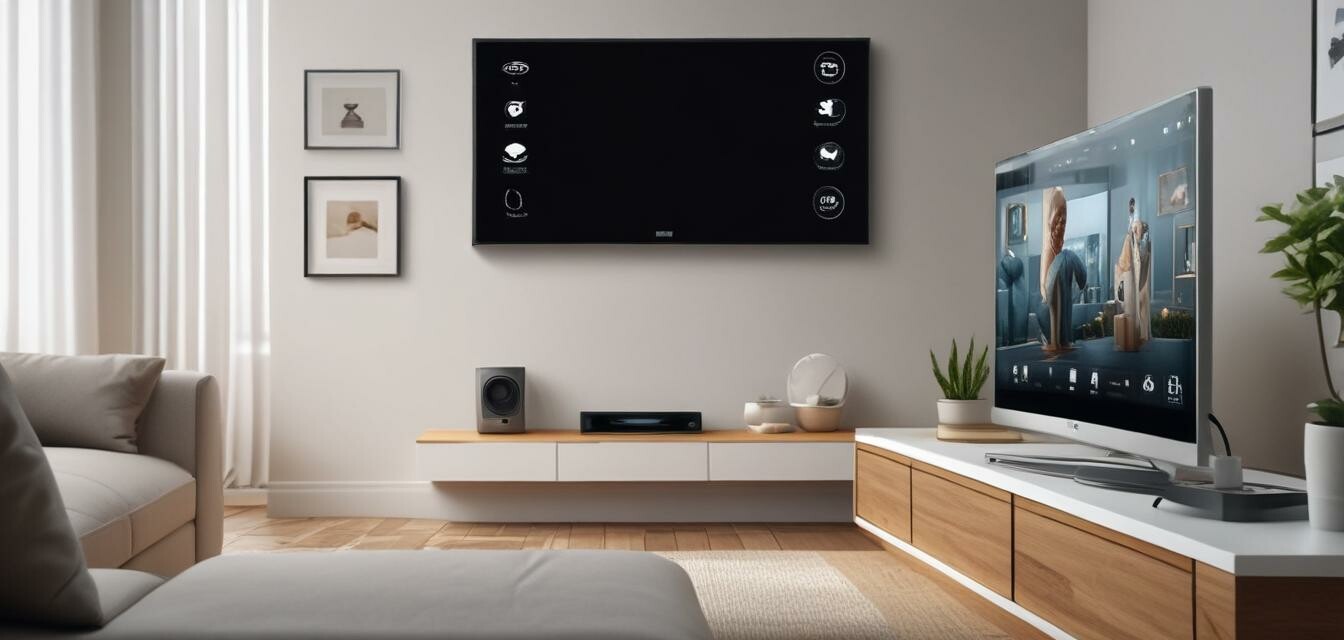
How AI is Transforming Senior Care in Smart Homes
Key Takeaways
- AI enhances safety and convenience for seniors living at home.
- Smart devices can monitor health, provide assistance, and ensure security.
- Emerging technologies are designed with user-friendliness for seniors in mind.
- AI-driven applications can ease caregiving responsibilities.
- The future of senior care is closely linked to advancements in smart home technology.
As we navigate through modern living, the incorporation of technology into our daily lives has been remarkable. For seniors, smart home gadgets equipped with Artificial Intelligence (AI) are paving the way for a more secure, comfortable, and independent lifestyle. From monitoring health conditions to enhancing home security, these technologies are revolutionizing how aging individuals experience their home environments. In this article, we will examine the role of AI in enhancing safety and convenience for seniors.
The rise of AI in smart homes
AI has made significant strides in recent years, particularly in the smart home market. With the ability to learn user behavior and preferences, AI systems can tailor responses and actions to meet individual needs. This is especially crucial for seniors, who may require assistive technology that is both functional and easy to use. Here are some of the specific ways AI is transforming senior care in smart homes:
1. Enhanced safety measures
Safety is a paramount concern for seniors living independently. Smart home devices equipped with AI offer innovative features that ensure a secure environment:
| Smart Device | Safety Feature |
|---|---|
| Smart Doorbell | Video monitoring and two-way communication. |
| Smart Security Cameras | Real-time alerts for unusual activity. |
| Kickstarter-Enabled Locks | Remote locking/unlocking and monitoring access. |
2. Health monitoring
AI-powered health monitoring devices can significantly ease the burden of managing chronic conditions and everyday health tracking:
- Wearable devices track vital signs and alert caregivers in case of emergencies.
- AI can analyze health data trends, providing insights for proactive healthcare.
- Smart pill dispensers remind seniors to take medication on time.
3. Voice-activated assistance
Voice assistants have gained popularity as user-friendly interfaces for controlling smart home devices:
- They can handle hands-free tasks such as making calls, setting reminders, and playing music, making them especially beneficial for seniors with mobility limitations.
- Voice commands simplify the operation of other smart devices, enhancing overall convenience in day-to-day activities.
Future trends in AI for senior care
As technology continues to develop, we can expect to see even more innovations tailored to seniors:
- More sophisticated AI algorithms capable of better personalizing services.
- Integration of various devices for seamless operation within the home.
- Wearable technology that communicates directly with smart home systems to enhance health monitoring.
Conclusion
The integration of AI into smart homes for seniors is not just a trend; it represents a fundamental change in how we approach senior living. By enhancing safety, simplifying daily tasks, and providing crucial health monitoring, AI is making it easier for seniors to thrive in their own homes. As technology continues to evolve, we can anticipate a future where smart homes become an integral part of senior care, offering independence and peace of mind to both seniors and their families.
Pros
- Increased safety and security measures.
- Improved health monitoring and feedback.
- Convenience through voice-activated features.
- Personalized experiences based on AI learning.
Cons
- The potential for privacy concerns with data collection.
- Technology reliance might overwhelm some seniors.
- Initial costs can be high for setup.
Stay updated
To learn more about smart home solutions tailored for seniors, explore our News and Trends section. Stay informed about the latest innovations that can enhance the lives of older adults.